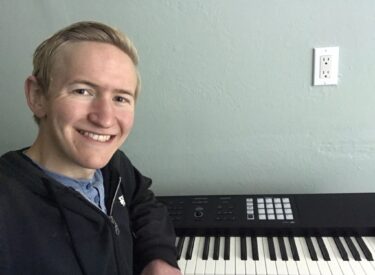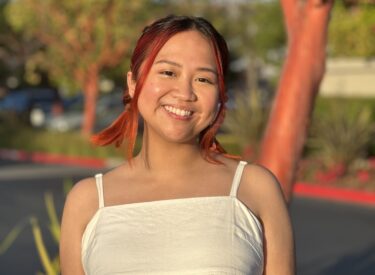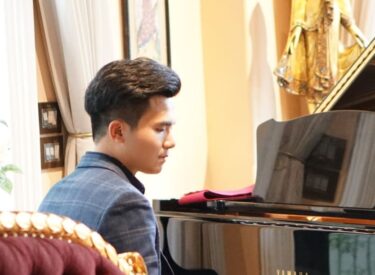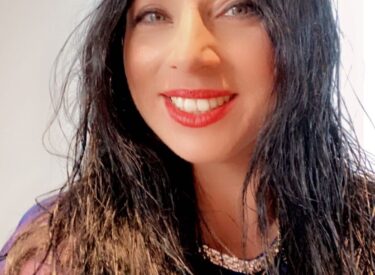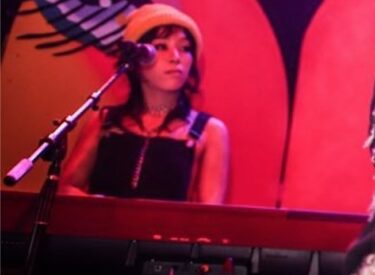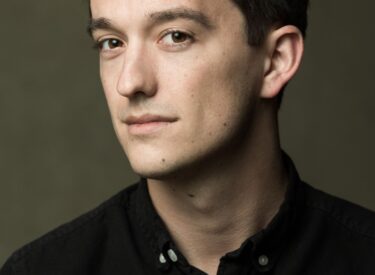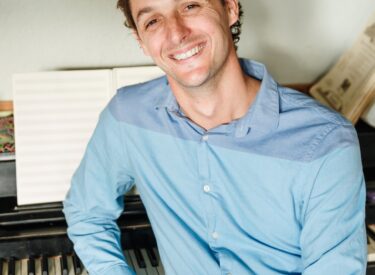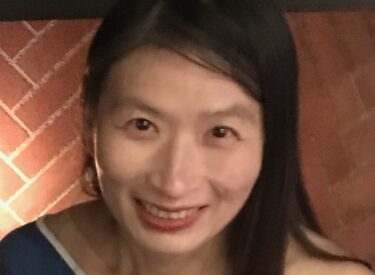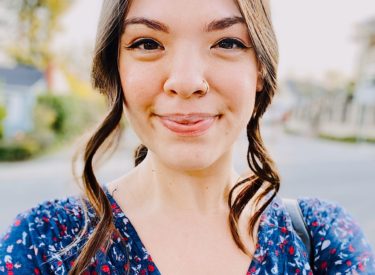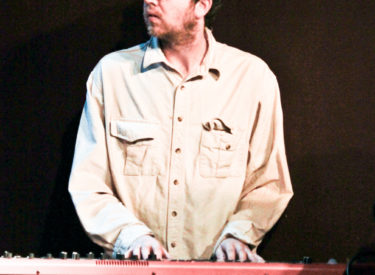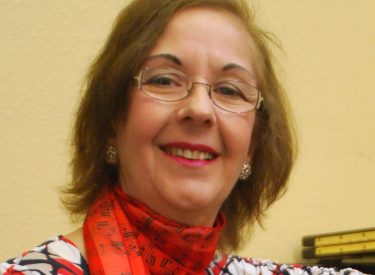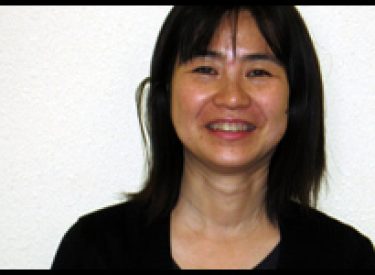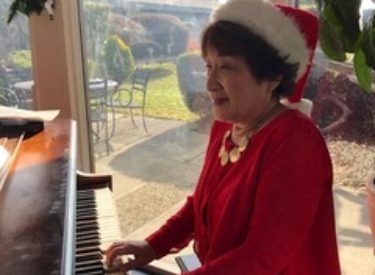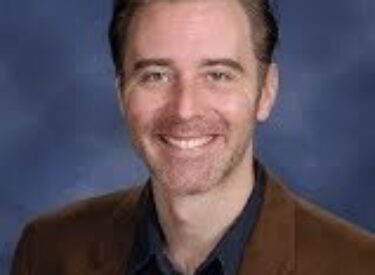Cynthia Hussey – Virtual Piano Instructor
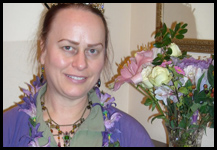 Cynthia discovered at a young age that music held the key to her happiness. As a young child, after watching her mother play, she asked her parents for piano lessons at the age of five; and that, as they say, was the start of a beautiful friendship. Her first teacher was Marlene Olander. Over the next ten years, Mrs. Olander not only taught her how to play the piano, but also nourished her love of music. ”She had the patience of an angel” Cynthia says about Mrs. Olander. If not for her, Cynthia believes she would not be teaching today. After Mrs. Olander, Cynthia continued her long love affair with music by taking lessons from several other teachers both privately and at Mills College in Oakland, from which she graduated with a bachelors degree in music.
Cynthia discovered at a young age that music held the key to her happiness. As a young child, after watching her mother play, she asked her parents for piano lessons at the age of five; and that, as they say, was the start of a beautiful friendship. Her first teacher was Marlene Olander. Over the next ten years, Mrs. Olander not only taught her how to play the piano, but also nourished her love of music. ”She had the patience of an angel” Cynthia says about Mrs. Olander. If not for her, Cynthia believes she would not be teaching today. After Mrs. Olander, Cynthia continued her long love affair with music by taking lessons from several other teachers both privately and at Mills College in Oakland, from which she graduated with a bachelors degree in music.
It wasn’t until her brief, yet rewarding lessons with Debbie Sietman in London, England, that Cynthia really began to see into the depths of what music could offer. ”She really opened my eyes to whole new levels of detail and interpretation in music,” Cynthia remembers. ”After all, the notes and the timing are only half of music; interpretation is the other half, and that is what makes it art.” Learning from Ms. Sietman took Cynthia’s piano skills, and more importantly her love for playing, to a whole other level. ”It changed my life in ways I will never forget.”
Cynthia has been teaching piano lessons on and off since she was a teenager. In fact, she just had her ten-year anniversary at Starland at the beginning of this month! I asked Cynthia what she loves most about teaching, and almost instantly a sparkling, and quite contagious smile appeared on her face. ”My students!” she says without hesitation. “Music is unbelievably exciting and complex and gorgeous, and I just love sharing the beauty of it all with my students!” Then at a speed faster than I can write, Cynthia tells me that her philosophy on teaching music is this: “Teaching music is not just about teaching the instrument, but about loving your students and expressing that love through your teaching.” Cynthia remarks that in addition to the technical and artistic aspects, teaching music involves teaching many important life skills; like patience, attention to detail, determination, deferring gratification, breaking large projects into small pieces, and learning to laugh at your mistakes. It’s vital in music, and in life, to see mistakes as just information. They teach you what to work on; they don’t mean that you are a failure. ”I believe that it’s not just about learning to play the piano well, but about developing a passion for musical knowledge and understanding, and above all else loving every moment of t he experience; that is what makes you a good musician!”
In addition to being an accomplished pianist, Cynthia is also an in-demand composer. She composed her first piece at the age of eight, and is well-known throughout the Bay Area for composing 19th-century inspired dance music for balls. I had the distinct pleasure of hearing a few of her pieces, and as goose bumps cover my arms (something that only happens when I hear amazing music!) I was truly in awe of her talent. Cynthia has graciously extended to me an invitation to attend a ball where her pieces will be showcased in the future. Something tells me that, even with my not-so-graceful dancing skills, it will be a night to remember!
Alive or Dead, What Musician would you do anything to see perform/meet?
Chopin
Greatest Musical Influence?
My London piano teacher, Debbie Sietmann, who taught me how to shape music and make it electric. She was also so positive in the way she framed her suggestions, unlike my other teachers. She changed my life in only a month and a half, and absolutely influenced my playing and my teaching style.
Any hidden talents besides music?
Writing and word editing. Directing. Mathematics. Learning and speaking other languages. Vintage and social dancing and choreography. Costuming, especially the ability to look at a flat picture of a dress or a hat and know what flat shapes to cut out and assemble to create those three dimensional items. Improv acting in environmental settings like Renaissance Faire and Dickens Fair. Connecting with people almost instantly, which has enriched my life tremendously, especially while traveling, where it has led to marvelous connections and magical adventures.
What did you want to be while you were growing up?
Starting at age 7, and changing over the years, sometimes depending on which section of the school library I was reading through: an astronaut, a paleontologist, a mythologist, a secret service agent, a race car driver, an interpreter for foreign languages, a mathematician. Oddly enough, it didn’t occur to me until high school that I could make a career out of what I already was, a musician and composer, and out of what I loved: music.
If you could have any ‘Super Power’, which one would it be?
Teleportation
If you could master any other instrument which would it be?
Voice
Have you had what people would consider your “15 Minutes of Fame”, and if so when/what was that?
Both of these were so much fun; I want to share two: I have composed music for waltzes and other vintage dances that were played by bands and danced to by hundreds of people at many vintage balls and at the Dickens Fair. For a Costumers Guild Lord of the Rings feast, I created movement styles and choreographed social dances for each of the different groups in Middle Earth, which I taught to the attendees at the feast, who danced my dances and enjoyed them very much, all while dressed as denizens of Middle Earth.
It’s your last meal: What would it be?
Sushi, Sashimi, a cheese plate, an artichoke, a pomegranate, mango, pineapple, blueberries, tea, a few Indian sweets flavored with saffron and cardamom, and chocolate, lots of chocolate.
You’re sent to a deserted island, and you only have one album to listen to: Which is it?
Chopin’s Piano Concerto #2, performed by Alexander Uninsky with the Hague Philharmonic, conducted by Willem Van Otterloo.
If you could leave one lesson with your students what would it be?
There are two things that people often think are bad, but are actually great: mistakes, and finding that something is difficult to do.
Mistakes are wonderful for two reasons: they mean we’re alive, because living people make mistakes, and they are information: they tell us where we need to work. That’s it. Mistakes are just information, and they tell us what to work on, so we can improve.
When a student says to me, “This is hard,” I always respond, “Congratulations,” because a challenge is a good thing. It develops our skills and expands our abilities, so we can do harder, cooler stuff. Nobody cares if you do something easy, and if you always do what’s easy, you never grow beyond that point: you remain stuck on the same level. When you take on a challenge and put in the work to achieve that goal, you elevate your skills to a new level, and you can truly feel proud of yourself.
